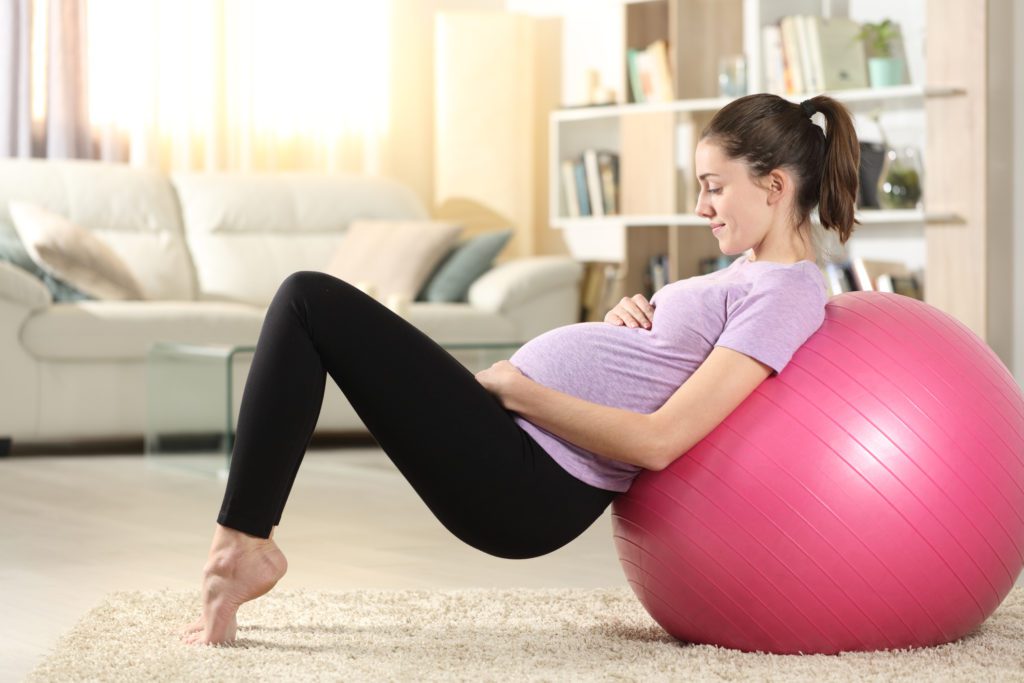- 085 40 19 095 (register + non-urgent questions)
- 06 53 65 91 91 (emergency, delivery)
Exercise during pregnancy

1. Your weight gain and strain
It's no surprise that you gain weight during pregnancy. What you may not immediately realize is that this increase places extra strain on your muscles and joints. This makes you more susceptible to injuries. Remember, don't overdo it when exercising and listen to your body.
2. Your higher energy needs
Your metabolism changes during pregnancy, which means you need more energy. Although you shouldn't literally eat “for two,” it is important to eat something before exercising, such as a healthy snack, to maintain your energy levels.
3. Hormonal changes you feel
You will experience hormonal changes such as an increase in estrogens, progesterone and relaxin. These hormones can cause fatigue, breast tenderness and other discomforts. Be kind to yourself, listen to your body and avoid overloading, especially during strength training.
4. Postural changes
As your baby grows, your center of gravity and posture will change. Try to remain as upright as possible, not only in everyday life but also during exercise. Pay attention to your posture during exercises such as squats and lunges and distribute your weight evenly between both legs.
5. Changes in circulation and blood pressure
Your body produces extra blood to provide you and your baby with oxygen and nutrients. This results in a higher heart rate and blood pressure. Adjust the intensity of your sports activities and don't push yourself too much.
6. Breathing and body temperature
Your oxygen consumption increases and the pressure of the uterus on your diaphragm can lead to faster fatigue and shortness of breath during exercise. Pay attention to your body temperature and prevent overheating by taking regular breaks and drinking enough.
Safe sports options for you
Not all sports are equally suitable during pregnancy. Choose swimming, walking, cycling, pregnancy gym, ZwangerFIT, pregnancy yoga or pregnancy swimming. It is better to avoid contact sports and activities with a risk of abdominal injury, such as football and hockey.
Exercising during pregnancy can be a positive experience, as long as you listen to your body and respect its changes. Always consult a pregnant physiotherapist before starting a new exercise routine to ensure it is safe for you and your baby. Enjoy this time and stay active in a way that is comfortable for you!
